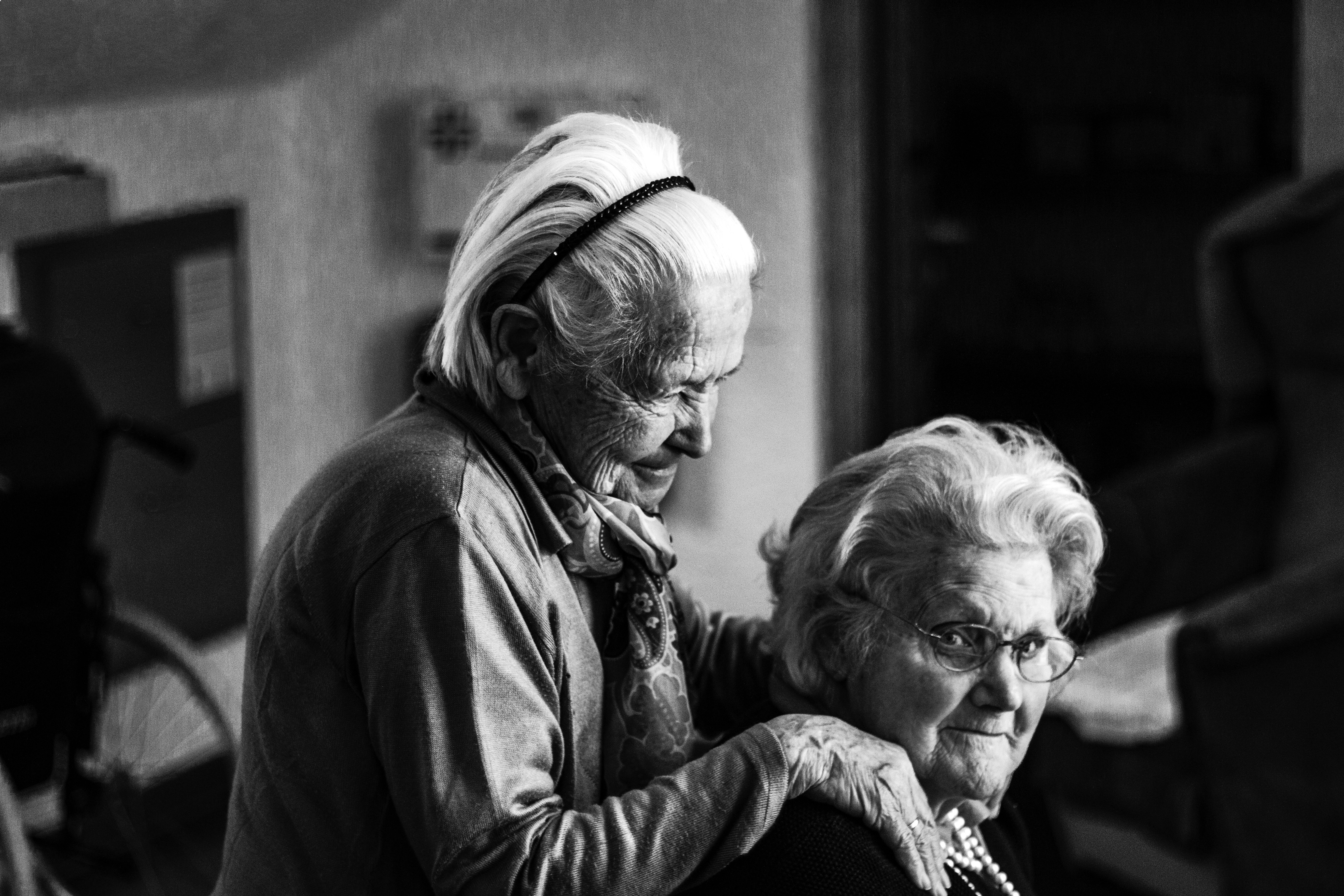
The journey toward seeking justice and compensation for elder abuse can often seem like navigating through a labyrinth without a map. Unraveling the complexities of elder abuse compensation claims requires not just legal knowledge, but also a touch of empathy and understanding. In this blog post, we will embark on a voyage through the often misunderstood process of claiming compensation for elder abuse.
Understanding Elder Abuse
Before diving into the depths of compensation claims, it’s crucial to understand what constitutes elder abuse. This egregious violation can take many forms, including physical, emotional, financial, and even neglect. Identifying the abuse is the first step in the battle for justice, arming victims and their families with the knowledge needed to initiate a compensation claim.
Gathering the Evidence
Just as a detective gathers clues to solve a mystery, victims of elder abuse and their advocates must collect evidence to build a convincing compensation claim. This evidence can range from medical reports and financial records to personal testimonies and photographic proof. The process of gathering evidence can be meticulous and demanding, but it is the cornerstone of a successful claim.
Seeking Legal Advocacy
Embarking on a compensation claim journey solo is akin to sailing into a storm without a crew. Seeking the expertise of legal professionals who specialize in elder abuse can provide the guidance and support needed to navigate through the stormy seas of the legal system. In particular, consulting a personal injury attorney who has experience with cases of elder abuse may offer the nuanced guidance and representation needed to successfully argue your case. Legal advocates can offer invaluable assistance in understanding the nuances of the law, preparing documentation, and representing the victim in court.
The Legal Landscape
Navigating the legal framework surrounding elder abuse compensation claims is akin to exploring uncharted waters. Every state has its own set of laws and statutes, making it imperative to understand the specific legal context of the incident. This section serves as your compass, guiding you through the murky waters of legal jurisdictions and statutes of limitations.
Strengthening Legal Protections
One crucial aspect in mitigating elder abuse and ensuring just compensation involves the continuous effort to strengthen legal protections for the elderly. This means advocating for laws that not only punish offenders but also create deterrents against potential abuse. It requires a collective push for legislative adjustments that keep pace with the changing dynamics of society and aging populations.
Alternative Routes to Resolution
While the courtroom is often perceived as the battleground for justice, there are alternative routes to resolving compensation claims. Mediation and arbitration offer less confrontational avenues for achieving restitution, facilitating a dialogue between the victim and the perpetrator (or their representatives) to reach an amicable settlement. Exploring these options can sometimes lead to a quicker and less stressful resolution.
The Role of Support Networks
Behind every elder abuse victim seeking compensation is a network of support, be it family, friends, or specialized support groups. These networks not only provide emotional backing but can also offer practical assistance, such as navigating the paperwork maze or simply offering a listening ear. The role of these support networks cannot be underestimated, as they serve as the anchor throughout the tumultuous journey.
Emphasizing the Value of Elder Wisdom
At the heart of advocating for elderly rights and combating abuse is the recognition of the invaluable wisdom and experience our elders contribute to society. Beyond seeking compensation for abuse, there is a broader mission to ensure that elders live with the dignity, respect, and safety they unequivocally deserve. This includes not only legal measures but also societal acknowledgment of their role and contributions. In nurturing an environment of respect and appreciation for the elderly, we fortify a culture that inherently rejects elder abuse.
Educating the Public
To fundamentally combat elder abuse, there needs to be a societal shift in the way we perceive and treat our elders. Public education campaigns play a pivotal role in altering perceptions, shedding light on the prevalence and severity of elder abuse, and highlighting the crucial steps in preventing such maltreatment. Knowledge empowers potential victims and their families to take proactive measures against abusers, thereby reducing incidents of abuse.
Conclusion
Navigating the process of elder abuse compensation claims is no small feat. It requires a blend of legal knowledge, patience, and emotional fortitude. However, with the right tools, assistance, and information, victims and their families can chart a course through this daunting process toward justice and restitution. Remember, while the journey might be fraught with challenges, it is a voyage worth undertaking for the sake of dignity and respect for our elders.